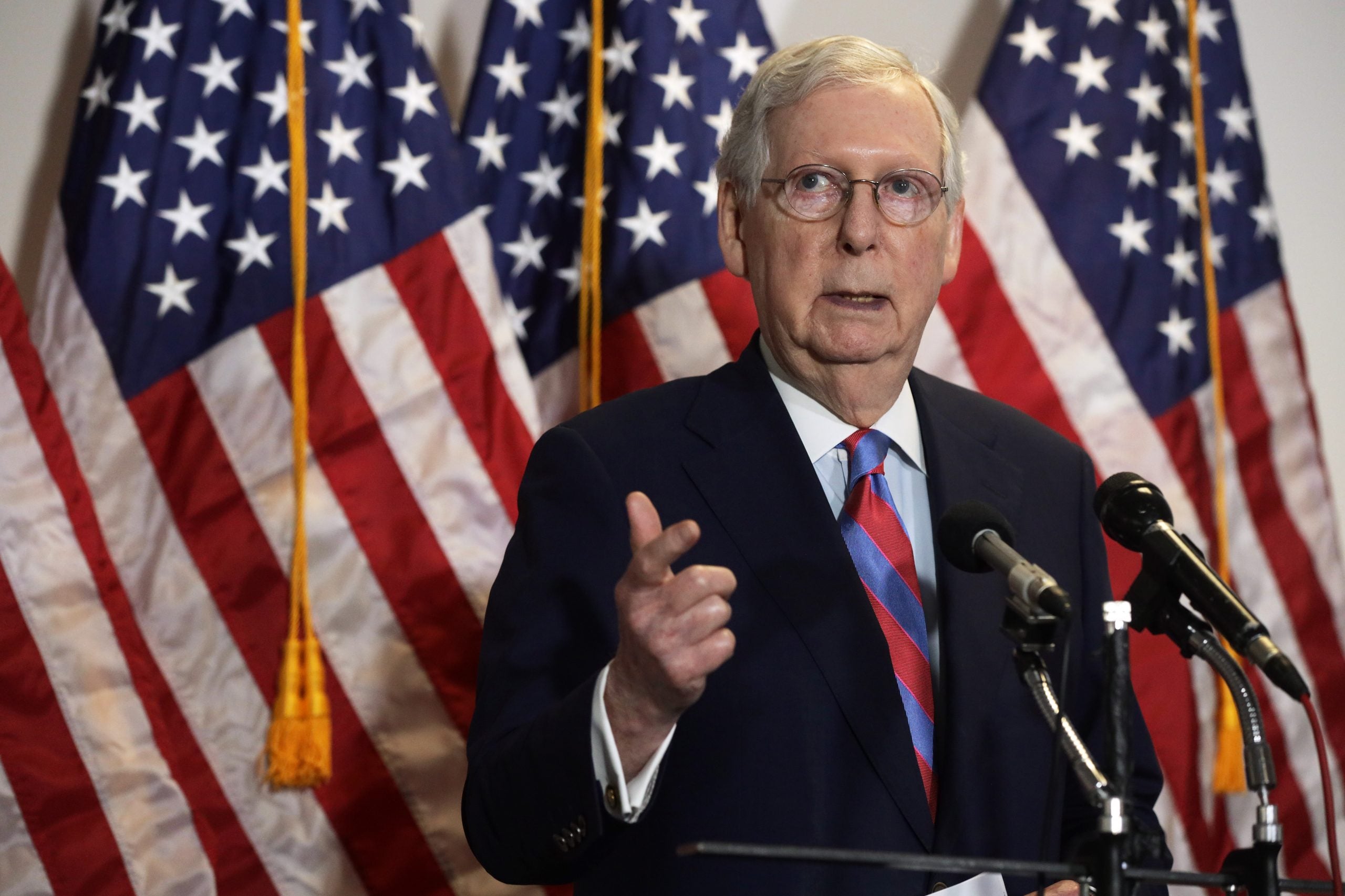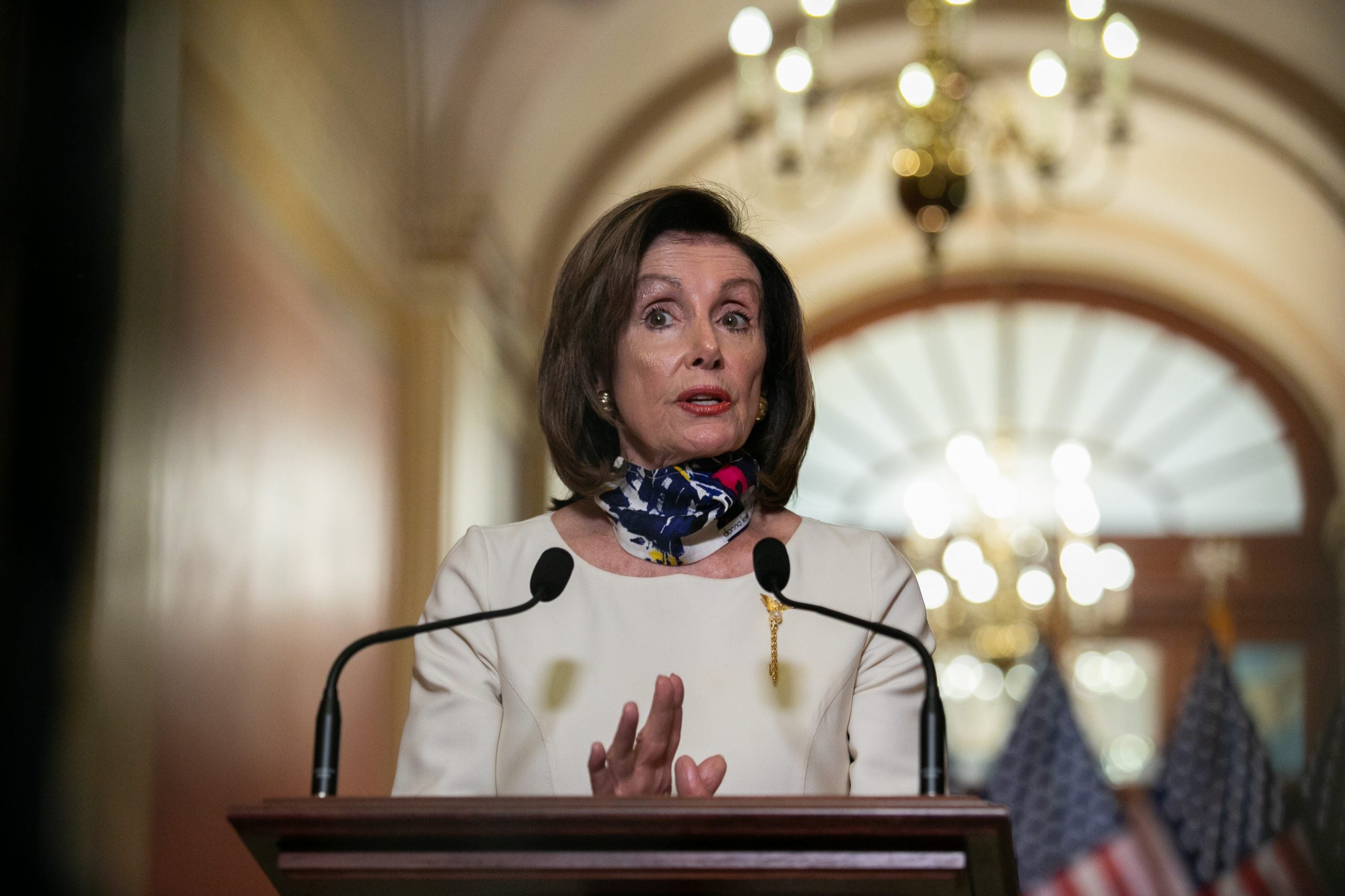
After a slight delay, Senate Republicans have released their plan for another round of stimulus payments. The proposal made public Monday night, comes after days of discussions and disagreements within the majority party.
The Republican stimulus proposal, which was created in tandem with the White House, calls for $1 trillion in spending. Entitled the HEALS Act, Senate Majority Leader Mitch McConnell said it addresses the fact that “The American people need more help.”
Based on budget alone, the GOP proposal is much less generous than the HEROES Act which came with a $3 trillion price tag and offered more help to everyday Americans. The differences between the two bills are likely to make for tough negotiations between the two political parties.

One of the most concerning discrepancies for Democrats is how the Republican stimulus proposal addresses unemployment benefits. This week, the $600 bonus for unemployed Americans that was stipulated in a previous stimulus, will expire. GOP lawmakers suggest reducing that benefit to $200 until states are able to implement a system that gives unemployed workers 70 percent of the salary they were making pre-COVID.
In addition to the reduced unemployment benefits, the HEALS Act includes a new round of $1,200 checks to individual Americans. The criteria for those who receive it will follow that of the previous stimulus bill, except families will be able to collect the $500 supplemental payout on dependents over the age of 17. That’s a welcomed update for those concerned by initial remarks from McConnell that suggested individuals who made more than $40,000 would not qualify.
Outside of the payouts for everyday Americans, the Republican stimulus proposal also encompasses billions of dollars for schools, lawsuit protections for businesses and medical administrators, as well as provisions for testing and tracing and the CDC. Tax credits for businesses were also implemented to encourage companies to keep workers on the payroll and bring on new talent. Funding for PPP is intended to keep more small businesses afloat.
